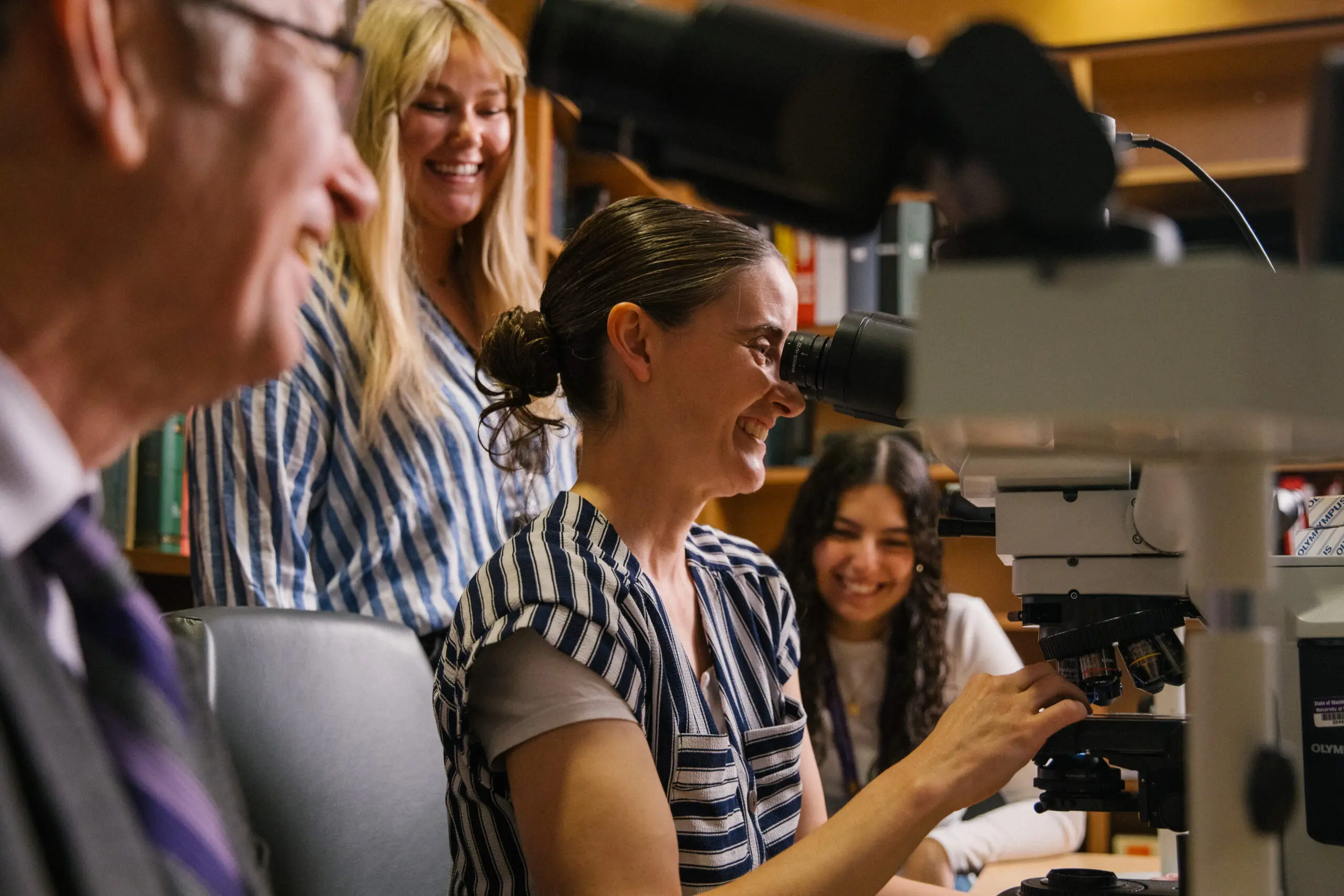What if your smartphone could be your therapist? That’s the question that drives Dror Ben-Zeev, Ph.D., UW professor of psychiatry and behavioral sciences. The answer is the FOCUS smartphone app, which offers real-time support for people with mental health challenges.
In-person therapy and medication use is the standard for treating serious mental illness, such as psychotic disorders, bipolar disorder or depression. But mental health clinics may not be conveniently located, and patients may live in rural areas where access to high-quality care is limited.
“Even if you do have access to really good therapy, your therapist only has a snapshot of you once a week at best,” says Ben-Zeev, the co-director of the University’s Behavioral Research in Technology and Engineering (BRiTE) Center. “What happens when you’re actually negotiating real life?”
The benefits of checking in
That’s where FOCUS comes in.
Several times each day, FOCUS prompts the user to complete questions about how they’re feeling, thinking and functioning. If the user indicates that they’re experiencing symptoms or other problems, the app will ask more questions, and algorithms will guide the user to audio or video interventions, such as breathing exercises or strategies to handle auditory hallucinations. Users can also launch the app themselves whenever they need it.
FOCUS has been a long time in the making — and its beginnings were something of a happy accident. When he was a grad student, Ben-Zeev conducted a project that involved using personal digital assistants (PDAs) to prompt people to make daily journal entries. The journaling was intended to help document patients’ day-to-day experiences of clinical depression. Unexpectedly, the participants responded that the prompts themselves were helpful, too.
“Time and time again, we got the feedback that they felt like someone was checking in with them, that the PDA caused them to pause in their day and consider their feelings and experiences,” says Ben-Zeev.
The success of the first randomized control study
This idea — that a mobile device could have that kind of therapeutic effect — stuck with Ben-Zeev. As technology improved and smartphones became common, the idea of a phone-based app became feasible.
Ben-Zeev conducted multiple FOCUS studies, most recently completing a three-year study funded by the Patient-Centered Outcomes Research Institute. In the study, about 160 participants were randomly assigned to receive either a loaner phone with FOCUS installed or a weekly in-person group therapy intervention.
One of the biggest surprises occurred right away, says Ben-Zeev: 90 percent of the FOCUS group followed through and began mobile-based treatment, compared to 58 percent of the in-person group. It may be that users found the mobile-based treatment, which doesn’t require scheduling appointments or traveling to a clinic, more convenient.
When the data was tallied, researchers found that treatment satisfaction levels were essentially identical in both groups. FOCUS also significantly reduced the severity of users’ psychiatric symptoms and improved their sense of personal recovery.
One patient in the study, L. J., says she found the app helpful in managing her bipolar disorder. She used FOCUS up to eight times a day, depending on what she was experiencing. “It keeps you aware of how you’re feeling,” she says. “Just checking in sometimes gets you to calm down and try to get back on the right track.”
L. J. also appreciated the weekly check-in calls with a mental health professional, also part of the study, where she could have more in-depth discussions about her symptoms. “I wanted to speak to a regular person to explain things that happened in the app or to talk,” she says.
Bringing FOCUS to market
The next step is a much larger regional implementation study, involving 20 community health centers throughout Washington state and as many as 400 participants — potentially the largest patient sample ever recruited for a mobile health study involving patients with serious mental illnesses.
As for when FOCUS might be available for consumers, the team is still working on the best strategy to bring the app to a wider market.
“We want to partner with entities and create a structure where the objective is smartphone intervention use that leads to meaningful public health outcomes. That’s the goal,” says Ben-Zeev.

